Talking openly and honestly to your child about their body will help them grow up feeling confident about who they are, and will help keep them safe. If you’re not sure what you should talk about or how this will help, this page has some advice. We also have tips on helping your child prepare for puberty, so nothing comes as a surprise.
When will my child start learning about their body in school?
Children start learning simple facts about their bodies in nursery and school. For example, they’ll:
- learn the correct names for body parts
- talk about the differences between girls and boys
- talk about how everyone is different.
- talk about feelings and how different things make you feel
- learn about good hygiene
- learn that ‘my body belongs to me’ and ‘I’m the boss of my body’
- learn about looking after living things, like plants, pets and babies
- talk about how babies grow in their mother’s womb, and what they need when they’re born.
Relationships, sexual health and parenthood (RSHP) isn’t just ‘sex education’ – it’s about teaching children and young people to take responsibility for their own bodies and choices, to stay safe, understand consent and form healthy relationships too. Everything your child will be taught is age appropriate, and the school will be in touch to let you know what they’ll be talking about in class so you can be prepared for any questions.
The RSHP website sets out clearly what your child will learn at each stage and why it’s so important.
How can talking about their body help keep my child safe?
At nursery and school your child will learn that they are ‘the boss of their body’ and it’s important to emphasise this message at home as well. For example, you can make sure that your child knows they don’t have to kiss someone goodbye or sit on someone’s knee if they don’t want to, and that if anyone touches or tries to touch their private parts they can tell you and they’ll never get in to trouble for this.
A really useful resource you can look at together is Talk PANTS from the NSPCC. From P through to S, each letter of PANTS provides a simple but valuable rule that can help keep your child safe from sexual abuse.
When should I start talking to my child about the changes puberty will bring?
All children develop at different rates, but in general girls can start puberty between the ages of 8 and 16, whereas for boys it’s older, around 12-15. To make sure nothing comes as a surprise, they’ll start learning about the changes that can happen when they’re in P5-P7, so this is a good time to start talking to them about it at home too. They may ask you questions, or you may find a storyline in a book or TV programme offers a good opportunity to start the conversation.
At school learning about puberty includes talking about:
- how feelings change
- physical changes
- personal hygiene
- periods
- erections
- wet dreams.
At school this is all talked about in a very matter-of-fact way, so try to do the same at home. This PDF on the RSHP website shows you what they learn and the language that’s used.
How can I support my child when they start approaching puberty?
Puberty can be a confusing time for children and young people, so here are some tips for helping them through it.
Tip #1: Talk to them
Start talking to your child about the changes puberty brings before they start to happen and encourage them to ask questions, so they know they can come to you if there’s anything they’re unsure or concerned about. You could use things they watch on TV or online as a way to start the conversation. Or you could try looking at these pages for boys and girls on Young Scot together, or reading one of the books on the RSHP list.
Tip #2: Be sensitive
The start of puberty can also see the start of increased stroppiness as your child comes to terms with the changes going on in their body. So try to be sensitive to their up and down emotions, and let them know you’re there for them. An offer of a hug is likely to be welcome!
Tip #3: Remind them that no one should make them do anything that doesn’t feel right
Make sure they know they should always come to you or another trusted adult if anyone makes them do something they’re uncomfortable with. Remind them that they’ll never get in trouble for talking to you about it.
When should I start talking to my child about sex?
Children are naturally curious, so it’s no surprise that they start to wonder about things like why girls and boys are different and where babies come from when they’re very young. Rather than dodge the issue (tempting as it may be), it’s best to answer their questions in as straightforward a way as you can. Our page on talking to your child about sex has tips on how to do this.
 Activities & Play
Activities & Play Behaviour
Behaviour Childcare
Childcare Development & Growing Up
Development & Growing Up Family, Friends & Relationships
Family, Friends & Relationships Feeding Your Baby
Feeding Your Baby Food & Eating
Food & Eating Health & Safety
Health & Safety Mental Health & Wellbeing
Mental Health & Wellbeing Money & Work
Money & Work Online Behaviour & Safety
Online Behaviour & Safety Pregnancy & First Days
Pregnancy & First Days School & Education
School & Education Sleep
Sleep

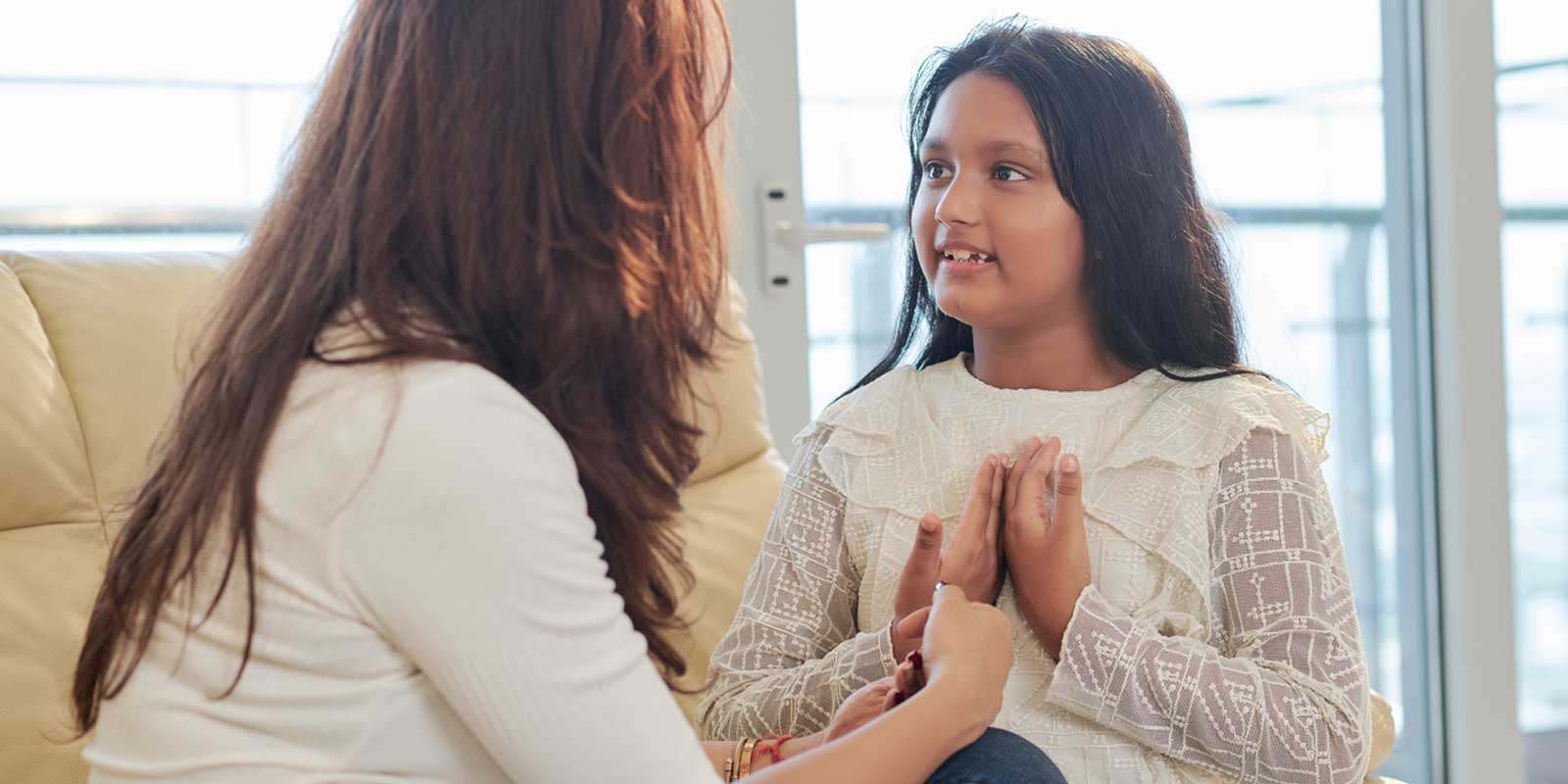
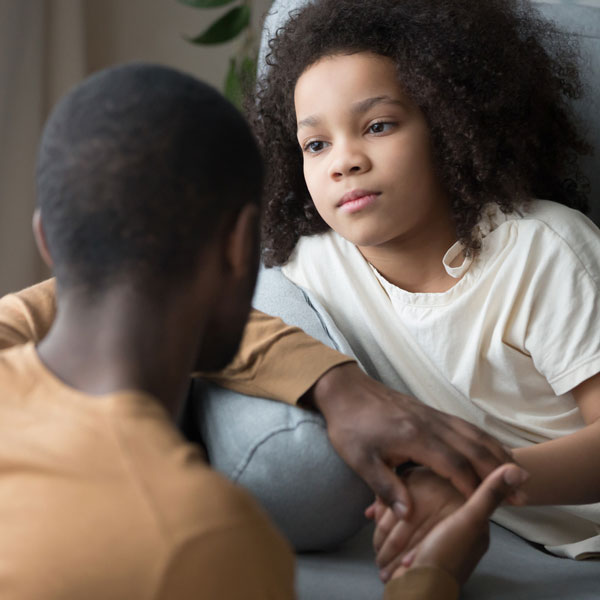
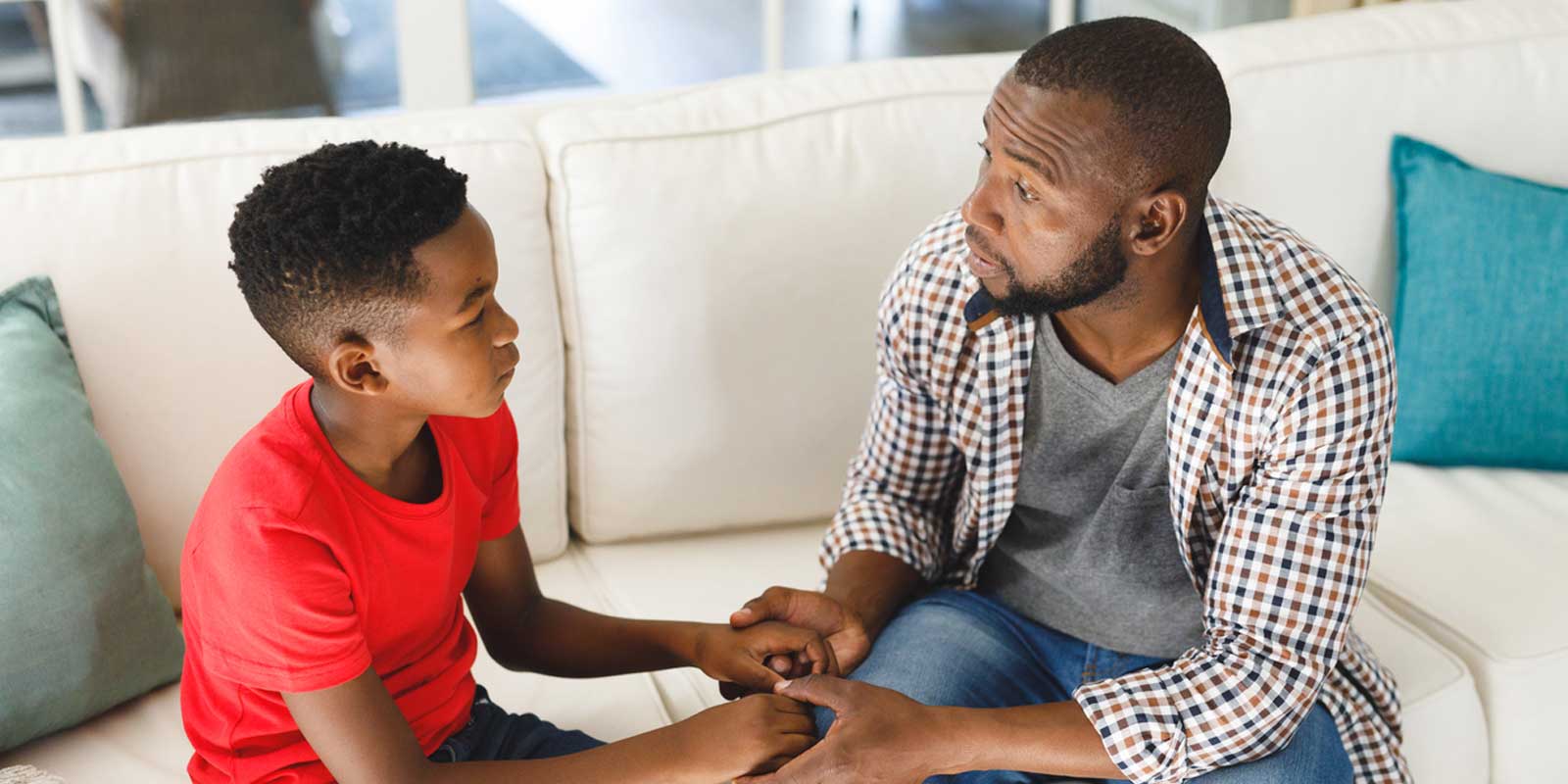
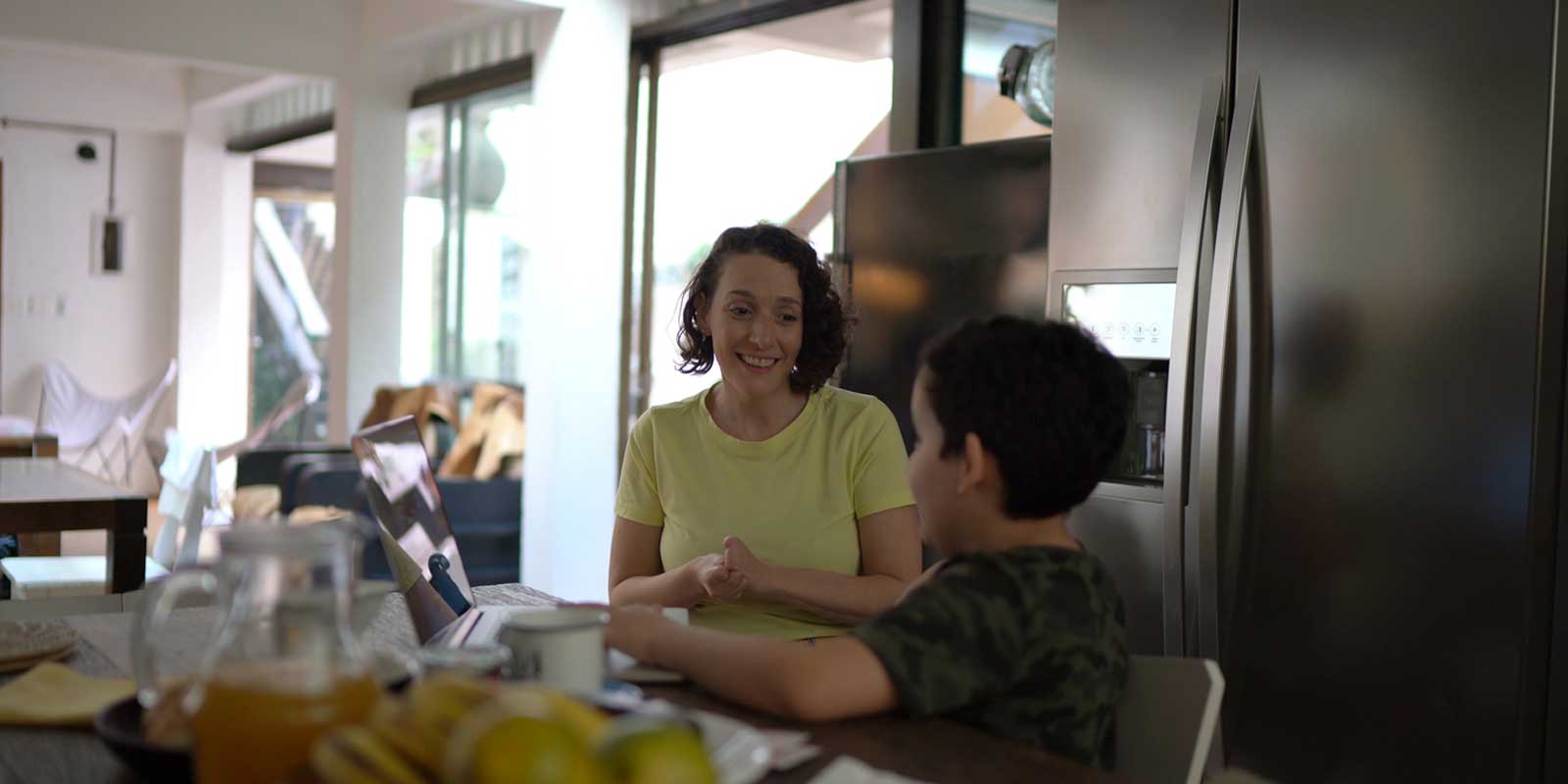

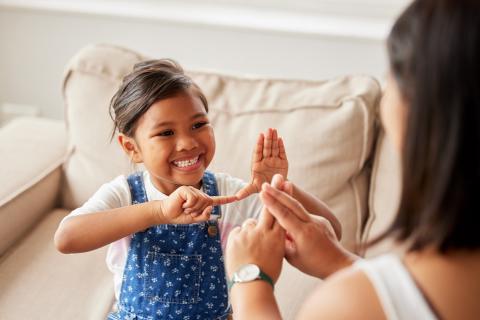
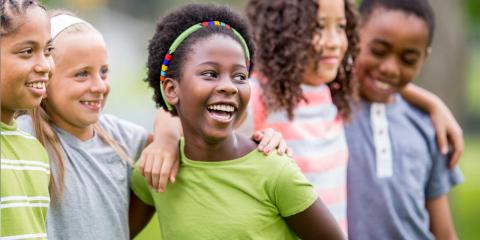

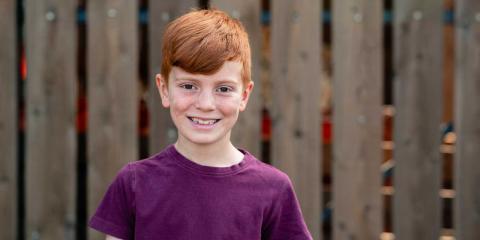


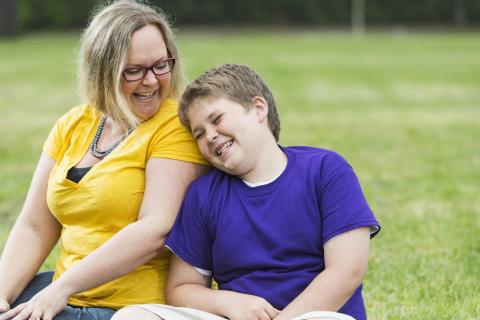
 Mental Health & Wellbeing
Mental Health & Wellbeing
 Online Behaviour & Safety
Online Behaviour & Safety